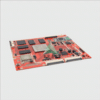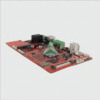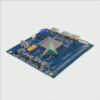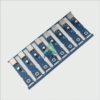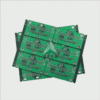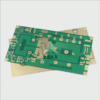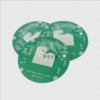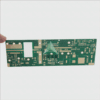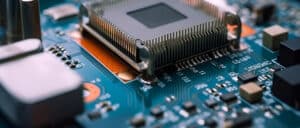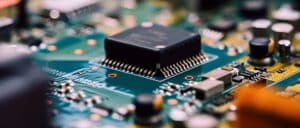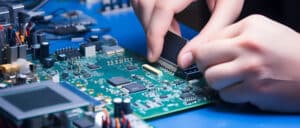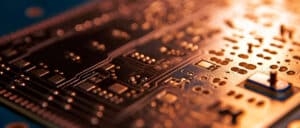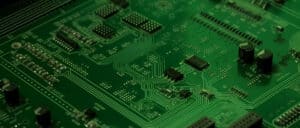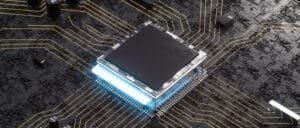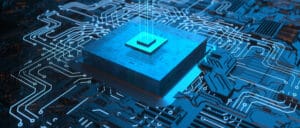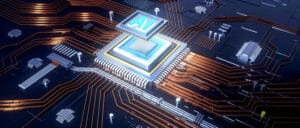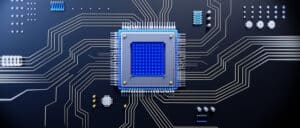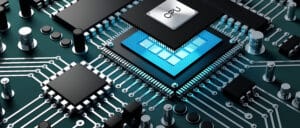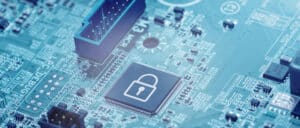PCB Engineers: A Deep Dive into their Roles, Skills and Impact on The Electronics Industry
Every electronic device we use from smartphones to satellites relies on printed circuit boards (PCBs), with every PCB Engineer overseeing its production and development. Their importance in shaping our world cannot be overestimated; in this article, we offer a comprehensive look at their roles, skills required and career pathways as they shape electronic device production and development.
At their core, PCB engineers design and develop PCBs – the heart of electronics – from design through assembly. Their duties range from specifying physical dimensions, types of components, layer stacks and their specifications all the way to producing accurate manufacturing data for assembly of these boards.
Key responsibilities of a PCB Engineer include working closely with design engineers to develop specifications, designing schematic symbols and footprints for component placement, routing high-speed signal paths, designing for manufacturability and conducting extensive testing, troubleshooting, and revisions as needed.
As our world becomes more digitalized, PCB Engineers are becoming ever more sought-after professionals. Anyone seeking a career as one must develop several essential abilities:
- Technical Knowledge: An understanding of electronics, circuit theory and design notations is absolutely indispensable.
- Familiarity with PCB Design Software: Proficiency in using PCB design software tools is crucial to an engineer’s effectiveness as a PCB engineer.
- Problem-Solving Skills: Since PCB designs can be complex, an engineer must possess effective problem-solving abilities in order to tackle any design flaws efficiently.
- Attention to Detail: Even minor inaccuracies in PCB design can lead to malfunction, making meticulousness essential in order to create quality products.
Educationally, to break into this field typically requires a degree in Electrical Engineering and additional certifications in PCB design to bolster one’s position on the job market.
PCB Engineers play an invaluable role in numerous industries – spanning consumer electronics to automobiles and medical devices to telecoms as well as aerospace and defense – any device with electronics requires their services.
As PCB engineers are an essential part of electronics production, their role can be complex and demanding in its entirety. As demand for electronics increases exponentially, skilled PCB engineers become even more in demand; by honing the necessary skills and executing their duties effectively they can better shape our electronic future.
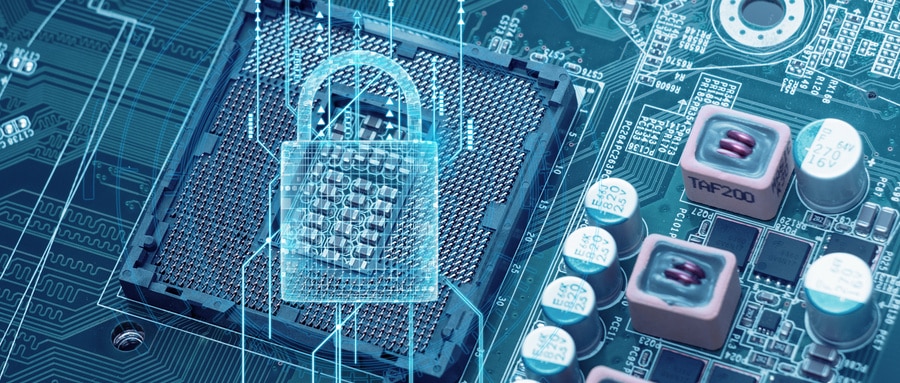
This guide seeks to present an in-depth picture of what life as a PCB Engineer involves and offer insight into their world. Intended as a resource for both aspiring engineers, tech enthusiasts, or anyone involved with electronic design and manufacturing industries – this piece seeks to give more clarity about this vital profession.
PCB Engineer FAQ:
- What is PCB Engineering?
PCB (Printed Circuit Board) Engineering involves the design, development, and testing of printed circuit boards, which are key components in electronic equipment, such as computers and smartphones. - What are the various stages in PCB design?
The major stages in PCB design include schematic capture, layout design, testing, and production. Each stage requires a meticulous approach and extensive knowledge in electronics. - What software skills are required for a PCB engineer?
Certain design software like Autodesk EAGLE, Altium Designer, OrCAD, and Proteus are frequently used in PCB engineering. Engineers must be proficient in at least one or more of these software tools. - What are the educational requirements for becoming a PCB engineer?
A bachelor’s degree in electronic engineering or a related field is usually required. Some positions may require a master’s degree or additional certifications. - How do I verify my PCB design?
Engineers verify PCB design using a process known as design rule check (DRC). This process checks designs against a preset rule set to ensure it meets expected standards, helping to prevent circuit errors. - What is a multilayer PCB and why is it used?
A multilayer PCB has more than two conductive copper layers. It is used when the circuit density and complexity are too great for two layers to handle. - What is the role of a PCB in electronics?
The PCB serves as the physical base upon which electronic components are attached and wired together. It plays a vital role in ensuring that electronic components function together as a system. - What is the average salary for a PCB engineer?
The average salary can vary widely depending on location, industry, and years of experience. However, according to payscale, as of 2024, the average salary for a PCB engineer is around $75,000 to $112,000. - What is the job outlook for PCB engineers?
The job outlook for PCB engineers is relatively positive as technology advances, leading to increasing demand for advanced electronic products, which, in turn, means more demand for PCB engineers. - Is there a certification for PCB design?
Yes, IPC provides globally recognized certification programs, such as Certified Interconnect Designer (CID) and Advanced Certified Interconnect Designer (CID+), which are related to PCB design and engineering.

